

Carrier Oils, the differences & uses in CBD
Why carrier oils necessary in the production of CBD
In order to understand what makes the best carrier oil for CBD, we need to understand why companies take the time and effort to infuse CBD with such oils in the first place. You may be thinking why not just sell pure CBD. However pure CBD, also known as CBD isolate, forms a white powder. Not only would it be extremely difficult to measure out a serving of CBD isolate grain by grain but more importantly, your body would be unlikely to process the majority of the CBD you take in.
For this reason, CBD is often infused into oil-based solutions which your body is already prone to breaking down. Once the CBD is evenly distributed throughout the oil, it is possible to evenly measure consistent amounts of CBD that your body can process.
What makes the best type of carrier oil?
Bioavailability is the biggest concern when determining the best carrier oil. Bioavailability, in this case, refers to the proportion of CBD your body can process compared to what it takes in. There are many different types of fat, and the way they vary on a molecular level affects how well it can transport CBD into your system. Besides bioavailability, individual differences between oils such as flavour, consistency, and cost may affect their viability as carrier oils. Here we will do our best cover the pros and cons of the most popular carrier oils in the CBD industry.
Fractionated Coconut Oil (MCT Oil)
Coconut oil naturally excels as a carrier oil in a number of categories. Coconut Oil has little to no flavour, which makes it a great choice for making tinctures. Additionally, it is thinner than most oils, making it easy to dispense and measure. Coconut oil has natural antifungal, anti-inflammatory, and antibacterial properties too thus making it a popular choice in the manufacturing process.
However, the best part about coconut oil is its abundance of saturated fats which are easily absorbed by the body, directly through the liver. Fractionated coconut oil is simply just coconut oil which has had the longer fat molecules removed. For this reason, fractionated coconut oil, known as MCT oil is one of the best carrier oils for CBD.
Palm Oil
Palm oil can also be used to make MCT oil, just like coconut oil. That is because MCT oil is a somewhat general term which refers to the type of fat molecules in an oil. This is an important distinction because palm oil’s manufacturing process is often connected to deforestation, animal cruelty, and climate change. For this reason, we recommend MCT oil which originates from coconuts, or other sustainable and eco-friendly sources.
Olive Oil
Olive oil has a light fruity taste, which may be noticeable in some tinctures. Additionally, olive oil tends to be thicker, which may affect the measuring process. Monounsaturated fats are the premier fat molecules in olive oil. These larger fat molecules require more processing which may reduce the amount of CBD your body absorbs. Furthermore, olive oil is packed with antioxidants and could be a good choice for you, providing you don’t mind the subtle fruity taste.
Avocado Oil
Similar to olive oil, avocado oil has high concentrations of oleic acid. However, it is much thicker. Avocado oil has a nutty taste and can be added to CBD oils to increase the consistency. Avocado oil is often chosen for topical applications due to its slow drying time and its abundance of vitamins such as A, D and E however one downside of Avocado oil is that it is one of the more expensive oils.
Hemp Seed Oil
Although hemp seed oil may seem like it should always be the carrier oil of choice, it is a generally an inefficient carrier of CBD on its own. To reach its full potential, it must be mixed with oils with higher bioavailability, such as MCT oil.
Another thing to note is the confusion between hemp seed oil being the same as CBD oil. This is not true, so make sure you are buying a product with verified levels of CBD in it. Any reputable CBD company should clearly display the amount of CBD in their products.
Grape Seed Oil
Grape seed oil is thin and has a wine-like aroma. It is isn’t very greasy thus grapeseed oil is often incorporated into skin and hair products. Unfortunately, grape seed oil primarily consists of polyunsaturated fats which doesn’t make it the best carrier oil for CBD.
We hope this cleared up the confusion about carrier oils. We are always looking at ways to try and inform our customers as much as possible about CBD in order for you to make the right choices. Until next time #StayFlawless !
Save 10% With Code:
BLOG10
-

-
In stockOriginal price £25.00 - Original price £139.99Original price £0.00£25.00 - £139.99£25.00 - £139.99Current price £25.00
Earn 312 reward points
Orange County CBDBrought to you straight from the Sunshine State, Orange County's CBD oil combines full-spectrum, premium cannabinoids with natural terpenes to brin...
View full detailsOriginal price £25.00 - Original price £139.99Original price £0.00£25.00 - £139.99£25.00 - £139.99Current price £25.00Earn 312 reward points
-
Low stockOriginal price £19.99 - Original price £100.00Original price £0.00£19.99 - £100.00£19.99 - £100.00Current price £19.99
Earn 250 reward points
CBD by British CannabisIntroducing the new CBD Cannabis Oil from CBD by British Cannabis. This 100% Cannabis oil has been developed to be the best tasting most premium CB...
View full detailsOriginal price £19.99 - Original price £100.00Original price £0.00£19.99 - £100.00£19.99 - £100.00Current price £19.99Earn 250 reward points
-
In stockOriginal price £25.00 - Original price £25.00Original price £0.00£25.00£25.00 - £25.00Current price £25.00
Earn 312 reward points
CBD FXExperience the natural benefits of CBDfx Hemp Tincture, crafted with high-quality, pure hemp-derived CBD and MCT oil for optimum absorption and e...
View full detailsOriginal price £25.00 - Original price £25.00Original price £0.00£25.00£25.00 - £25.00Current price £25.00Earn 312 reward points
-
In stockOriginal price £19.99 - Original price £19.99Original price £0.00£19.99£19.99 - £19.99Current price £19.99
Earn 250 reward points
CBD FXExperience the natural benefits of CBDfx Hemp Tincture, crafted with high-quality, pure hemp-derived CBD and MCT oil for optimum absorption and ef...
View full detailsOriginal price £19.99 - Original price £19.99Original price £0.00£19.99£19.99 - £19.99Current price £19.99Earn 250 reward points
-
Low stockOriginal price £29.99 - Original price £149.99Original price £29.99 - Original price £149.99Original price £29.99£26.99 - £134.99£26.99 - £134.99Current price £26.99
Earn 337 reward points
Naturecan CBDBroad Spectrum 100% Natural Oil By Naturecan CBD is a high quality broad spectrum CBD oil produced from organically grown US hemp manufactured in t...
View full detailsOriginal price £29.99 - Original price £149.99Original price £29.99 - Original price £149.99Original price £29.99£26.99 - £134.99£26.99 - £134.99Current price £26.99Earn 337 reward points
Save up to 10% -
In stockOriginal price £64.99 - Original price £160.00Original price £0.00£64.99 - £160.00£64.99 - £160.00Current price £64.99
Earn 812 reward points
Supreme CBDSupreme CBD full spectrum oil provides the maximum CBD advantages and is available in three strong variants: 1500mg, 3000mg, and 6000mg. This full ...
View full detailsOriginal price £64.99 - Original price £160.00Original price £0.00£64.99 - £160.00£64.99 - £160.00Current price £64.99Earn 812 reward points







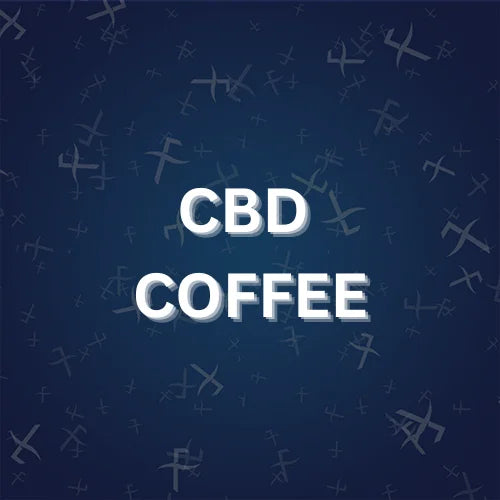


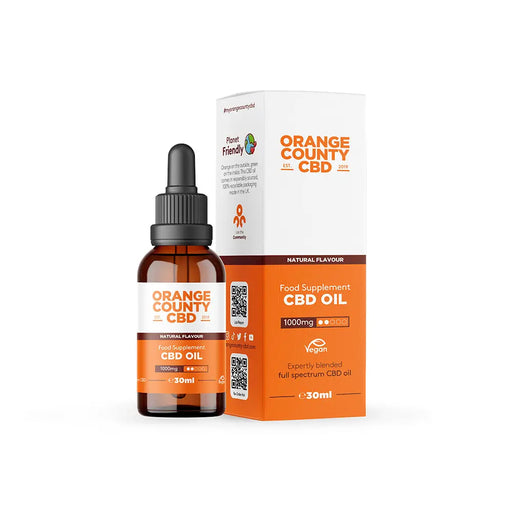
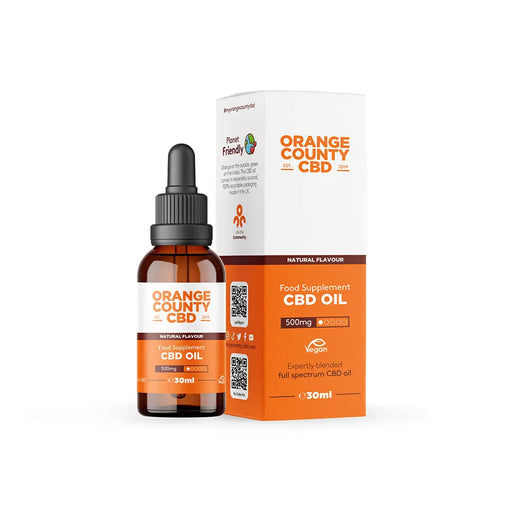
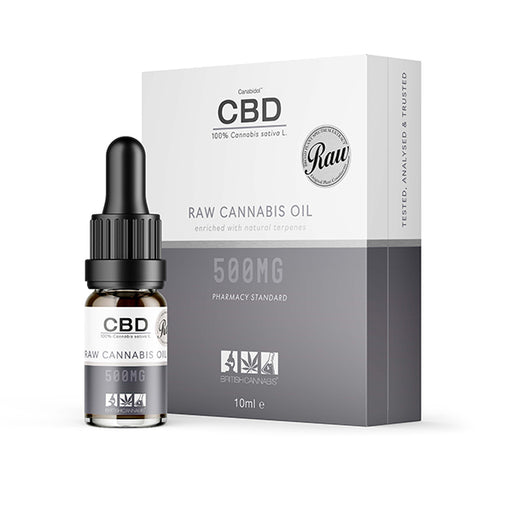
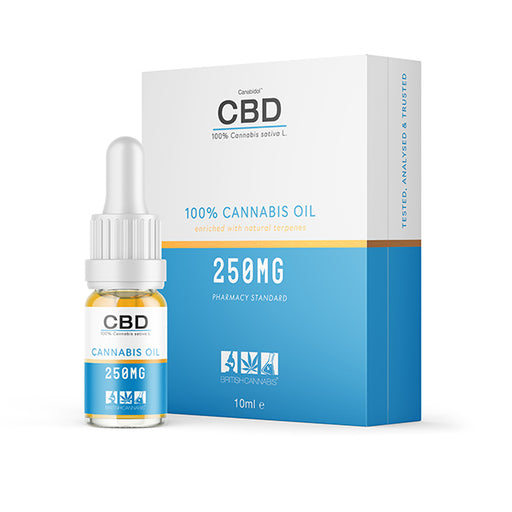


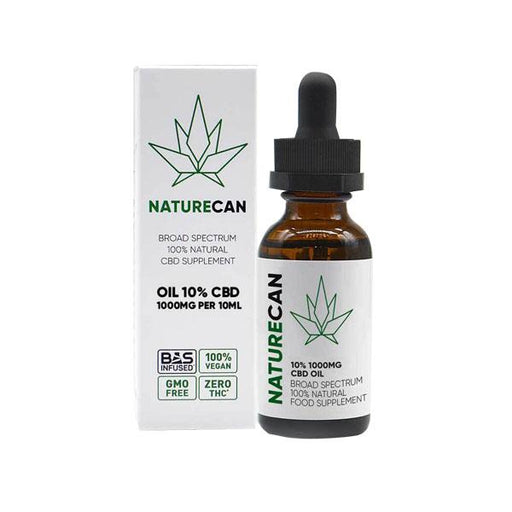
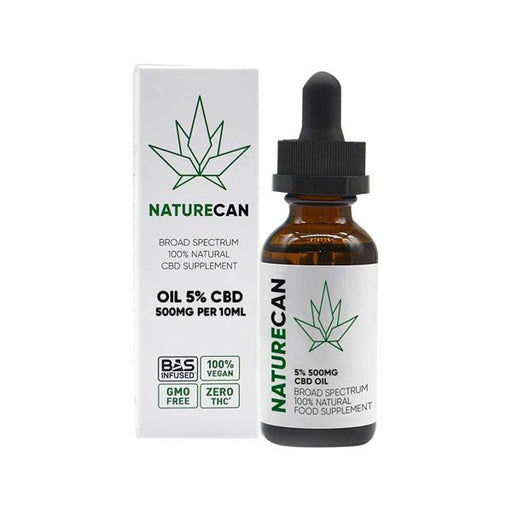


Leave a comment